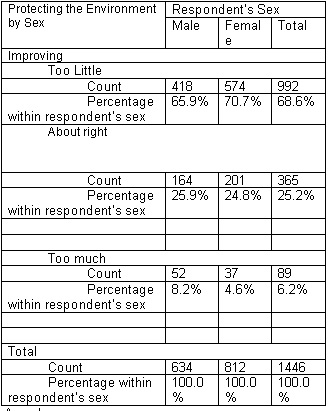Describe the special considerations of children and adolescents in therapy.
What will be an ideal response?
Answer: Special considerations of children and adolescents in therapy include the need for a parent to be present, at least initially, to provide consent, obtain history, review confidentiality limitations, and obtain permission to contact the child’s other providers. Older children and teens may listen to the parents’ concerns about what has brought the child to treatment. Engagement with teens should include information about the teens peer group and special interests. Rapport can be built with the child both during and after the parent leaves the session. Children should be specifically advised what information the therapist cannot keep secret from the parents.
You might also like to view...
Which considers physical and natural resources when crafting advocacy efforts?
A. systems theory B. empowerment theory C. strengths perspective D. ecological perspective
SELECT ALL THAT APPLY. The cross-tabulation table below contains frequency tables pertaining to ______, ______, and ______.

A. males
B. females
C. males and females
D. attitudes about environment
How are memoirs connected to spirituality?
What will be an ideal response?
Suppose that you have the following study hypothesis: Males will report higher salaries than females when years of experience and position level are taken into consideration. What is the independent variable in this hypothesis?
A. position level B. years of experience C. gender D. males